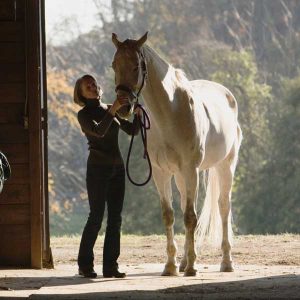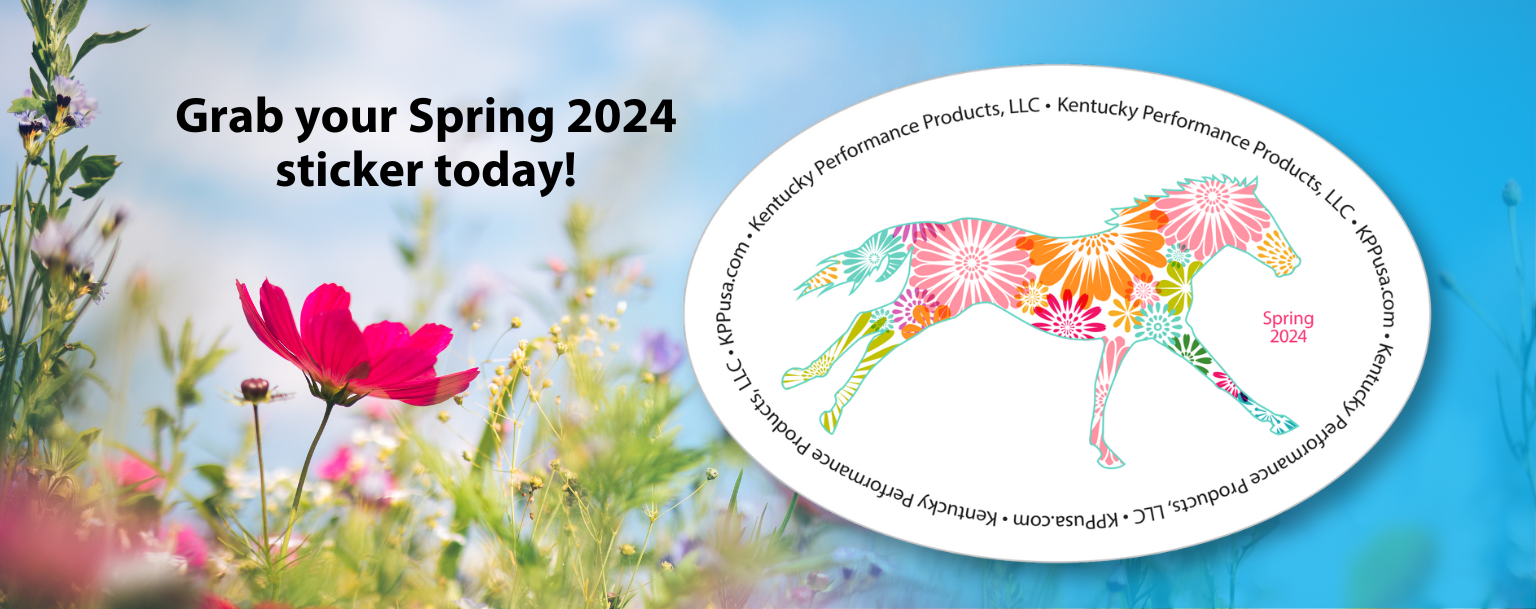
Choosing Supplements for Senior Horses That Have Trouble Maintaining Weight
Horses 18 years of age and older are considered geriatric or senior horses. Some horses, like some humans, age more gracefully than others. Frequently, older horses struggle to maintain a healthy body weight.
The reduced ability to absorb nutrients from the diet
As horses age, the wear and tear of a lifetime of exposure to parasites and other damaging events negatively affect the efficiency of their gastrointestinal tract. Even horses on stringent deworming schedules can have some damage from parasites. Combine that with worn teeth and aging digestive tissues, and you have a horse that can no longer maintain his or her weight. In this case, addressing dental problems, maintaining healthy digestive tract tissues, and adding easy-to-digest, energy-dense calories to the diet are your goal.
First things first
If your horse starts to lose weight, it is best to call your veterinarian and arrange for a complete physical to rule out any medical conditions that need to be addressed. Have your equine dentist or veterinarian check your horse’s teeth and remedy any issues that affect his ability to chew food properly. If dental issues are severe, you may need to incorporate easy-to-chew feedstuffs into the diet.
Fiber, the foundation of your horse’s diet
If your horse has a dental problem that makes chewing hay difficult, you can provide fiber alternatives such as chopped hay, soaked hay cubes, or pellets. Including additional easy-to-digest fiber sources like beet pulp and soybean hulls will improve the health of your horse’s digestive tract and add energy to the diet. These ingredients are often found in good quality senior feeds. Beware of “high fiber” feeds that include rice hulls, oat hulls, peanut hulls, or cottonseed hulls, as these sources of fiber are indigestible and will not add calories. Your horse’s digestive tract requires a certain amount of “long” fiber to remain healthy, so continue to offer good quality hay. Less mature cuttings should be easier to chew. Fresh pasture is ideal, if available, for horses that can still graze.
Concentrated energy
Offering energy-dense feed sources is an excellent strategy to help put and keep weight on an older horse. Supplements containing high-fat stabilized rice bran that have a balanced Ca:P ratio (Equi-Jewel is a good example) are ideal for adding calories to the diet without the risk of mineral imbalances or grain overload. Rice bran is rich in fat, which provides 2.25 times as much energy as grains. Rice bran supplements can help reduce the amount of sugar and starch in the diet. Blended fat supplements, (EndurExtra, for example) supply a mix of fats that provide additional benefits. For instance, fat from flax adds valuable omega-3 fatty acids to the diet. Blended fats can often be fed in relatively small amounts because they contain higher fat levels and are packed with much-needed calories. A good quality commercial feed offered at recommended levels and supplemented with a high-fat product reduces the risk of colic, laminitis, and metabolic syndrome, while still supplying adequate energy, vitamin, and mineral support.
Digestive tract support
Supplements that provide a combination of stomach protection and ingredients that support healthy GI tract tissues and microbial populations—the way Neigh-Lox Advanced does— enhance the digestibility of the entire diet and stimulate the appetite. This translates into better “gas mileage” from each pound of feed your horse consumes. A healthy population of microbes in the horse’s gut synthesize vitamins more efficiently and digest fiber more effectively. Keeping the level of inflammation in the digestive tract low and nourishing the GI tract tissues go a long way toward reducing the incidence of colic, diarrhea, and laminitis that can plague older horses.
Additional nutrients that support healthy systems
Older horses than don’t have long-term, daily access to fresh green grass (because it isn’t available or they can’t tolerate it) will need additional natural vitamin E, such as Elevate Maintenance Powder. Vitamin E is quickly leached out of grass when it is cut for hay. Most concentrates contain insufficient levels of natural vitamin E or they contain synthetic vitamin E which is poorly absorbed. Vitamin E is an essential nutrient that supports normal nerve and muscle function and plays a role in a strong immune system.
Many equine diets are lacking in omega-3 fatty acids. Older horses benefit from omega-3s because they support lower levels of inflammation throughout the body. A well-balanced omgea-3 fatty acid supplement (Contribute) will help maintain healthier systems so seniors feel better overall.
Living longer with improved management
Due to improved management, medical care and nutrition, horses are living longer. Properly accessing and managing the challenges facing your senior horse can increase both the length and quality of his or her life.


